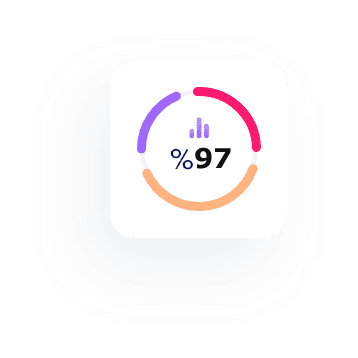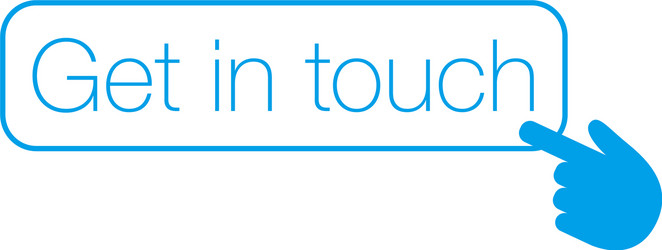Mobile Units & EMS

Bringing AI-Powered Triage to the Point of First Contact
In emergency medical services (EMS) and mobile response units, the ability to assess patient urgency in the field is critical.
Paramedics and field clinicians often operate in resource-constrained, high-pressure environments where time and clarity
are in short supply.
ERTRIAGE enables real-time, offline triage support directly on mobile devices used by EMS teams, providing fast,
standardized decision support at the patient’s side—before they even arrive at the hospital.
Field-Optimized Triage Support
- Runs natively on rugged Android tablets and EMS vehicle terminals
- Delivers sub-second triage classifications offline—no internet needed
- Supports protocol-based field decision-making for high-stakes scenarios
Pre-Hospital Risk Identification
- Analyzes vitals, symptoms, and complaint history in real time
- Flags high-risk cases (e.g., suspected stroke, cardiac arrest, trauma)
- Improves communication with receiving hospitals by sending early triage alerts
Seamless EMS-to-Hospital Handoff
- Compatible with EMS reporting systems and dispatch centers
- Transmits triage classification and key indicators to EDs ahead of arrival
- Reduces time-to-treatment upon hospital entry
Example in Practice
A paramedic team responds to a roadside accident. Using ERTRIAGE on a tablet, they rapidly assess a conscious driver
with abdominal bruising and low BP. The system classifies the patient as high-risk for internal bleeding.
An alert is sent to the trauma team at the nearest ED, allowing them to prepare in advance for surgery.

ERTRIAGE AI system
Final Thoughts
ERTRIAGE is more than a product. It’s a platform, a tool, and a partner to the clinicians who serve on the frontlines of care. By combining AI, modern UX, secure engineering, and clinical wisdom, we’ve created a system that helps emergency teams focus on what matters most: the patient.
We believe this is the future of emergency triage—and we’re proud to have pioneered it.
